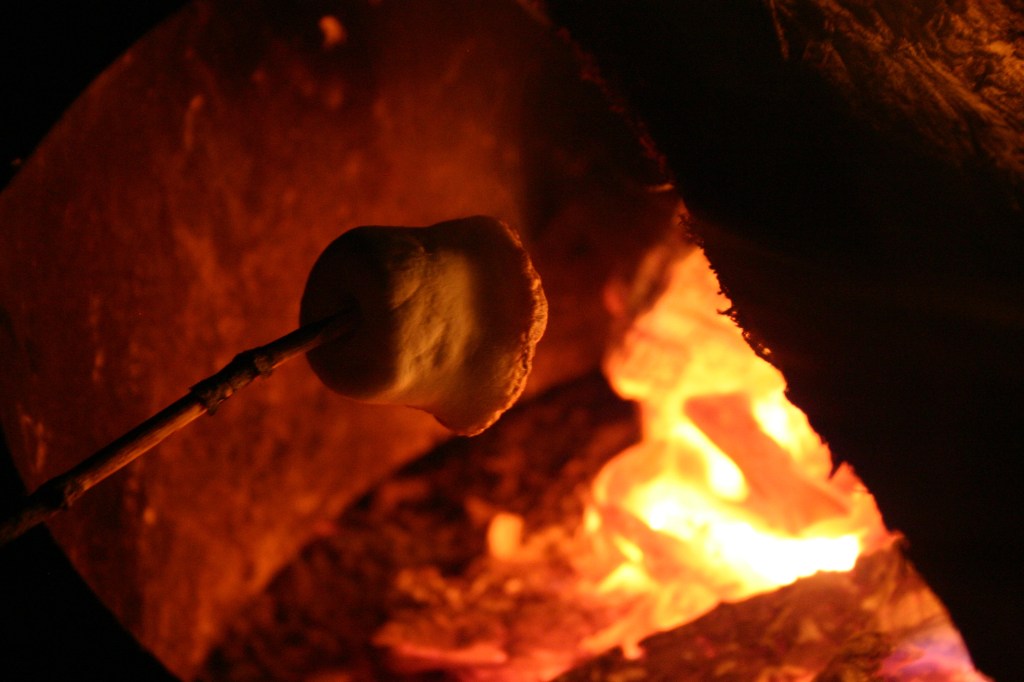Seven campfire safety tips for Wildfire Awareness Month
Published 11:29 am Monday, May 19, 2025

- Proper campfire safety limits the potential for wildfires. (Courtesy photo: Oregon Parks and Recreation Department)
For Wildfire Awareness Month local agencies are teaming up to share campfire safety tips. The aim is to keep people safe and limit preventable wildfires.
Oregon Parks and Recreation Department, Oregon Department of Forestry and other local, statewide and national partners recognize the month of heightened awareness throughout May. While campfires are a beloved tradition when visiting Oregon State parks, visitors should ensure they follow proper steps and only enjoy them at permitted spots.
Seven tips for safe and enjoyable campfires:
- Check campfire restrictions at Oregon State Parks as well as public fire restrictions statewide
- Only build campfires in the existing fire ring at your campsite. Fire rings are in areas with buffer zones away from vegetation
- Maintain campfire flames at or below knee height (about 2 feet) to reduce the risk of ash and embers drifting into trees or dry vegetation
- Keep water close by to safely douse campfires. Put out the flames with water and stir the embers to make sure everything is wet — ash and wood debris often maintain heat
- Build beach campfires only where permitted on open sand and away from driftwood/vegetation. Slowly pour water on beach fires to put them out — too quickly can cause hot sand to fly. Don’t use sand to put out a beach fire as that insulates the coals keeping them hot enough to burn someone even days later
- For propane fire rings, use in areas without vegetation or overhanging branches. Rules for propane fire rings depend on local conditions. Speak with park staff
- Make sure everyone in your campsite is familiar with campfire safety, including children. Keep an eye on your campfire, accidents occur even when campers leave it unattended for “just a minute”
While education is the top priority, rangers have the option of issuing a Class A violation for significant cases with a fine of up to $400.
Explosives and fireworks are not allowed in state parks or the ocean shore because of the danger they pose visitors, wildlife and the landscape. High winds, flammable vegetation and the unpredictability of fireworks create unique hazards particularly in crowded areas.





